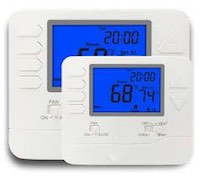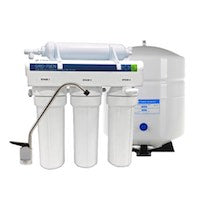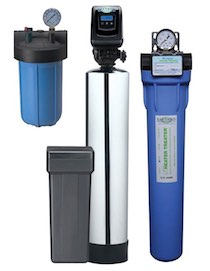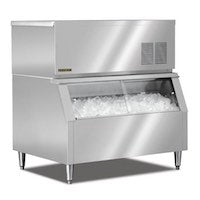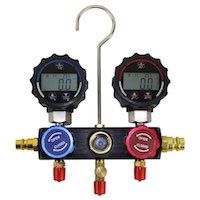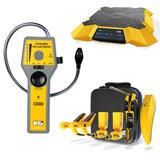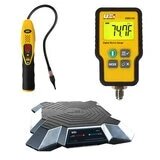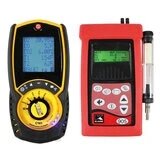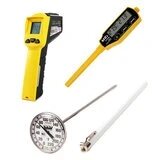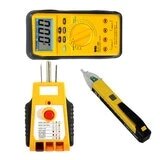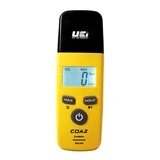Comprehensive Guide to Understanding Temperature
Temperature is a fundamental concept in both science and daily life. It measures the degree of heat or cold in an environment, object, or substance. Accurate temperature readings are crucial for various fields, including meteorology, medicine, and engineering.
Importance of Temperature
Temperature affects many aspects of our lives. It influences weather patterns, impacts health conditions, and plays a critical role in industrial processes. Understanding temperature variations helps in predicting climate changes and managing health risks.
Types of Temperature Scales
- Celsius (°C): Commonly used worldwide, especially in scientific contexts.
- Fahrenheit (°F): Predominantly used in the United States for weather forecasting and household temperature settings.
- Kelvin (K): Primarily used in scientific research, especially in physics.
Measuring Temperature
Various instruments measure temperature, including:
- Thermometers: Traditional and digital thermometers provide accurate readings for household and medical use.
- Thermocouples: Used in industrial settings for high-temperature measurements.
- Infrared Sensors: Allow non-contact temperature measurement, useful in many technological applications.
Applications of Temperature Measurement
- Weather Forecasting: Accurate temperature data is essential for predicting weather conditions.
- Medical Field: Monitoring body temperature is vital for diagnosing and managing illnesses.
- Industrial Processes: Temperature control ensures quality and safety in manufacturing processes.
Conclusion
Understanding and accurately measuring temperature is essential for various aspects of life and industry. Utilizing the correct temperature scale and measurement tools can provide valuable insights and ensure optimal conditions in different environments.

 HVAC
HVAC
 Plumbing
Plumbing
 Tools & Test Instruments
Tools & Test Instruments


